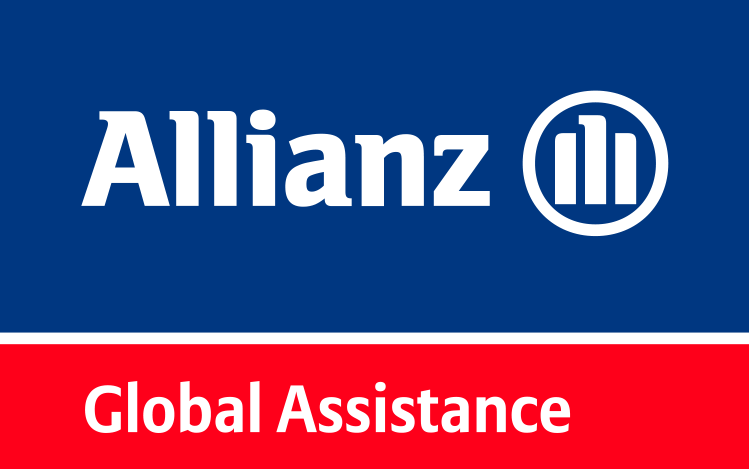Indonesia is a paradise full of fun for tourists, but sometimes the laidback vibe can bring a false sense of security.
Local laws are relaxed around tourist areas, and health and safety standards can be patchy. Food and water may be unsafe to consume and animals can carry diseases that you need to watch out for.
Tap water may be unsafe to drink so choose sealed bottled water, which many places sell cheaply. If you’re at a restaurant, check that the ice and water has been purified.
Food poisoning and stomach bugs are common, especially from food bought in street markets. Avoid eating raw fish or meat, as well as salads or cut fruit as they may have been washed in unsafe water (or not at all).
A tropical climate brings mosquitos and their bites can carry infectious diseases such as dengue fever and japanese encephalitis, for example.
Protect yourself by:
- Regularly using a DEET-containing insect repellent.
- Choosing accommodation with screens and fans or mosquito nets.
- Wearing loose fitting clothing that covers your entire body.
There are many motorbike rental companies, especially in Bali. Since every company is trying to win your business, they may leave out important safety or legal information. It’s illegal to ride a motorcycle without a license and you may not be covered by your travel insurance if you have an accident. If you’re licensed, select a bike you feel comfortable handling and wear protective clothing and your helmet at all times.
Indonesia is a popular party destination for young travellers. However, big nights out can end with injuries, robbery and lost travel documents. If you’re buying a famous red cocktail bucket, avoid homemade versions served outside of bars and clubs. They can contain anything from cheap chemicals to narcotics, leaving you vulnerable to harm and theft. Avoid drink spiking by keeping an eye on your mates and buying your own drinks. And most importantly, the beaches are inviting but don’t drink and swim.
Indonesia is on the Pacific ‘Ring of Fire’, where there’s a lot of volcanic eruptions and earthquakes. If you’re new to quakes and tremors, the Government recommends:
- Staying inside — but if you’re outside already, head to a clear area away from trees and power lines.
- Dropping to your hands and knees — Drop under heavy furniture such as a table, desk, bed or any solid furniture.
- Covering your head and torso (and entire body if possible) your head and torso to prevent being hit by falling objects.
- Holding on to your shelter and being prepared to move with your shelter if the shaking shifts it around.
If a volcano erupts, steer clear of that island and reconsider your travel plans. Volcanoes can throw up huge ash clouds, grounding planes and leaving you stranded. If you are near an erupting volcano, listen to emergency workers and follow all instructions.
Credit card fraud is widespread so use your credit card wisely. Card skimming (where sellers copy your card details without your knowledge) is the most common trick. There’s also known cases of tapping a retailer’s telephone lines to steal your details as they are transmitted to the bank.
Use cash when you can, but if you do need to use your card make sure it’s only used in front of you. Keep an eye on your balance and if you see any unauthorised purchases, cancel the card immediately.
Armed thefts occur regularly. Petty crime, including pickpocketing, bag snatching and forced cash withdrawals from ATMs, is a significant problem. There is a high risk of street crime against foreign travellers in tourist areas such as Bali and Lombok. Tourists travelling alone, women and those travelling at night are at risk. Thieves often snatch laptops, tablets and phones from Internet hotspots. When you’re away from your hotel, keep your belongings on you at all times. Wearing a backpack or a satchel bag makes it more difficult for thieves.
Tourist hot spots can be a target for terrorism in Indonesia and several high-profile terrorist attacks have taken place in Bali and Jakarta over the past few years. Most attacks are aimed at locations frequented by foreigners such
as nightclubs, restaurants, hotels, embassies and major tourist attractions. Always check the Travel and Tourism website of the Government of Canada for terrorism alerts and register your travel before you leave for your holiday.
NOTICE: While the Information is considered to be true and accurate at the date of publication, changes in circumstances after the time of publication may impact on the accuracy of the information. We strongly recommend verifying the travel advisory of your destination prior to departure.
DISCLAIMER: While every effort has been made to ensure the accuracy of all information as at the date of publishing, Allianz Global Assistance does not accept liability for any errors or omissions. Allianz Global Assistance strongly recommends seeking the guidance of a professional travel agent/agency for further information on a specific destination. On your next trip, whether to another province or country, ensure you have travel insurance as it may assist you in cases of unforeseen medical emergencies and other types of mishaps that can happen while you travel. Travel insurance does not cover everything, please always refer to the policy document for full terms and conditions, including limitations and exclusions. Travel insurance is underwritten by CUMIS General Insurance Company, a member of The Co-operators Group of Companies, administered by Allianz Global Assistance, which is a registered business name of AZGA Service Canada Inc.





